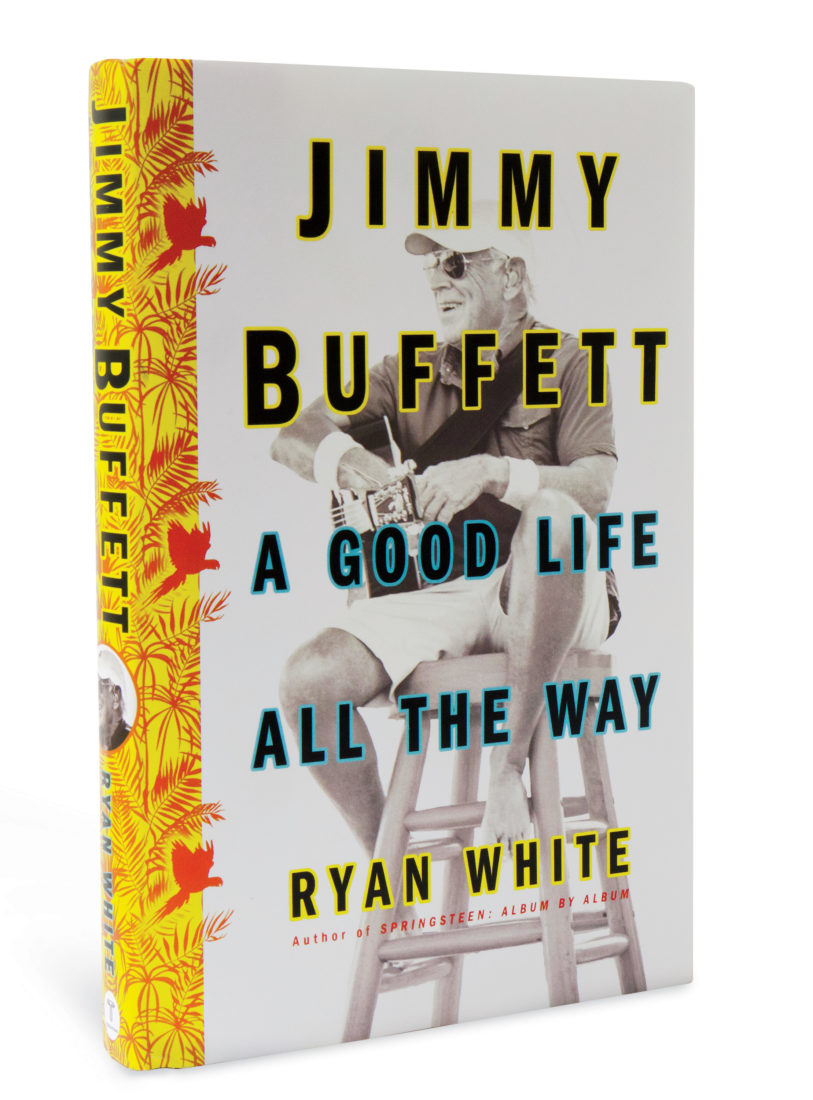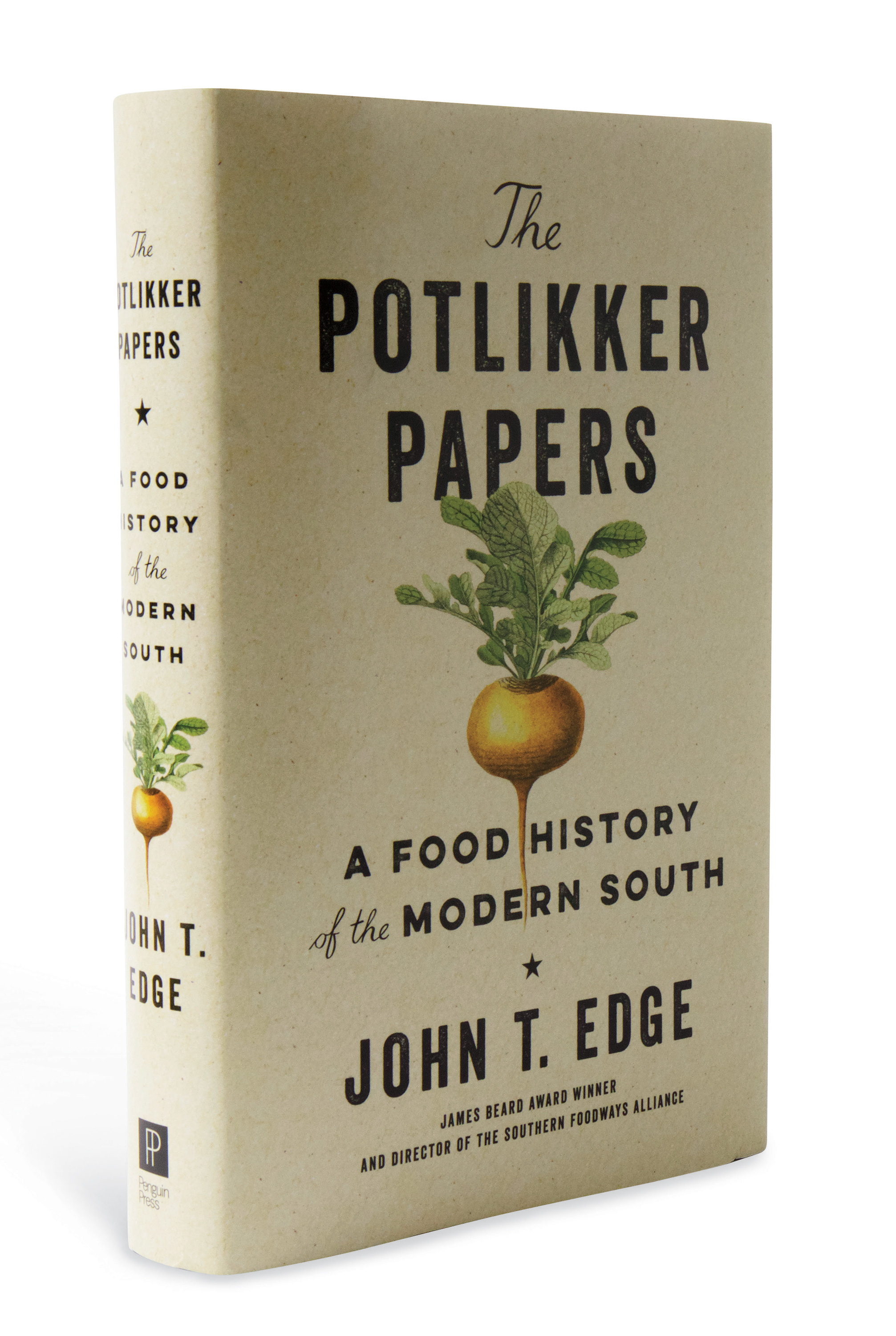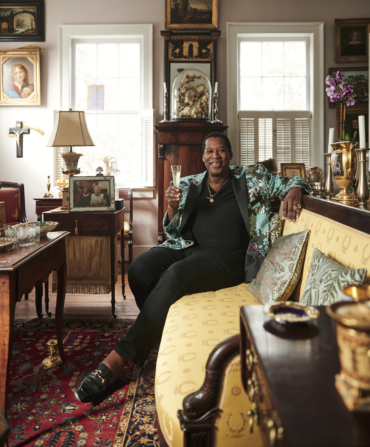I once stumped Jimmy Buffett by calling him a saint. This was many years ago, somewhere in Texas, when during an interview I offhandedly deemed him the patron saint of beach bars. With an easy, elfin laugh Buffett demurred, saying he’d been called a lot of things over the years—but never a saint. (“Commit a little mortal sin,” he once sang. “It’s good for the soul.”) I still stand, however, by my canonization of Saint Jimmy: patron saint of beachfront dives, for sure, but also hammocks, blenders, cabin cruisers, rum hangovers, flip-flops, tropical-print shirts, and the idyll of hedonistic inertia. Millions look to Buffett and his music for what can only be called spiritual guidance, watching his stage shows with that “spindrift gaze toward paradise,” to crib from Hart Crane, relying on Buffett to point the way.
The lives of saints have always made for good reading, and Buffett’s is no exception. Ryan White’s Jimmy Buffett: A Good Life All the Way is the second major biography of
the singer-songwriter, after Steve Eng’s 1997 telling, and, like the first, it lacks Buffett’s participation and possibly his blessing. But White pecked admirably around the margins, interviewing dozens of Buffett’s fellow Key West, Florida, barflies, record producers, bandmates, friends, and business associates, and the portrait that emerges is affectionate and admiring but devoid of Parrot Head fawning—the proper key for such a bio. It helps that White’s prose bears a music of its own, vividly evoking Buffett’s formative journey from Mobile, Alabama, to New Orleans to Nashville, and then to Key West, where Buffett—part of a shaggy bohemian milieu that included the novelists Thomas McGuane and Jim Harrison—perfected his three-chord concoctions of geography, mythology, and nimble, salt-flecked storytelling.
Buffett has always exhibited keen and subtle artistry—there are valid reasons Bob Dylan cited him as a favorite songwriter—but also something else: a wily business acumen. Early on,
when a Key West bartender offered to let him play in exchange for free drinks, Buffett took a moment to consider. Then he upgraded from a beer to Crown Royal. “It wasn’t much of a business decision,” White notes, “but it was undeniably a business decision.” Behind Buffett’s blithe beachcomber vibe, there has always been an adroit entrepreneur. White recounts the story of a friend barging in on him in a hotel room, circa 1979, and gawking at stacks of
receipts piled neatly on every horizontal surface. “‘Don’t tell anyone you saw this,’” the friend reports Buffett saying, adding that Buffett was “seventy-five percent serious.”
That savvy only partly explains the conundrum of Buffett’s career, which long ago graduated from just music to restaurants, hotels, casinos, time-share resorts, a beer brand, throw pillows, and more, with $1.5 billion in sales in 2015. “By any reliable measure of pop stardom,” White writes, “Buffett shouldn’t have had the career he’s had. ‘Margaritaville’ was the fourteenth-biggest hit of 1977 according to Billboard, and that’s about all he got.” That leads to the other component of his unlikely success: less quantifiable but ultimately more potent, and even, dare I say, a little holy.
“People weren’t enamored with Jimmy Buffett because he was one of them,” White writes. “People were enamored
with Jimmy Buffett because he could have been, but wasn’t.
He was some imagined version of a better, freer self.”









